China's Ministry of Finance said tax incentives will be adjusted to strongly support housing demand while easing the financial burden on real estate businesses.
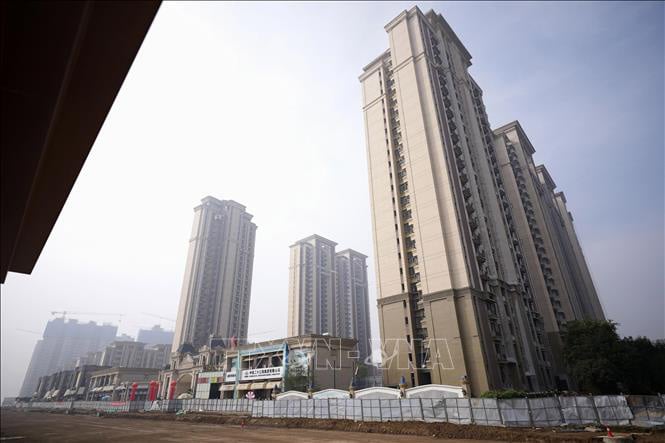
An apartment building construction site in Xi'an, Shaanxi province, China - Photo: KYODO/TTXVN
On November 13, the Chinese government announced a series of new tax policies to revive the struggling real estate market.
These measures include reducing transfer duty and value-added tax (VAT) on residential transactions.
China's Ministry of Finance said tax incentives will be adjusted to strongly support housing demand while easing the financial burden on real estate businesses, state broadcaster CCTV reported.
Under the new policies, effective from December 1, the government will impose a 1% transfer tax on houses with an area of up to 140 square meters , instead of the current 90 square meters .
Previously, houses with an area larger than 90 square meters were subject to a tax of up to 3%.
In addition, the transfer tax on second homes in four major cities such as Beijing, Shanghai, Guangzhou and Shenzhen will be adjusted to align with other areas across the country, applying a uniform tax rate of 1% for those buying their first or second home, with a maximum area of 140 square meters .
Also under these measures, the value-added tax (VAT) rate on land will be reduced by 0.5 percentage points nationwide.
Individuals will be exempt from VAT when selling a home they have owned for more than two years, applicable to major cities such as Beijing, Shanghai, Guangzhou and Shenzhen.
In addition to tax measures, China has also rolled out a wide range of economic support policies, including cutting interest rates and easing restrictions on home purchases.
The government has also reduced down payment requirements for housing transactions to 15% and relaxed home purchase requirements.
Over the past two decades, China's real estate market has contributed a large portion to its gross domestic product (GDP), accounting for about 25%.
However, in recent years, the industry has faced a sharp decline, as real estate businesses struggle with debt while the government is targeting GDP growth of about 5% this year.
In response, China has announced a series of support measures, including pledging more than $500 billion in credit for unfinished housing projects.
Source: https://tuoitre.vn/trung-quoc-cong-bo-chinh-sach-thue-moi-ho-tro-thi-truong-bat-dong-san-20241114140504209.htm



![[Photo] President Luong Cuong chaired the welcoming ceremony and held talks with United Nations Secretary-General Antonio Guterres](https://vphoto.vietnam.vn/thumb/1200x675/vietnam/resource/IMAGE/2025/10/24/1761304699186_ndo_br_1-jpg.webp)
![[Photo] Prime Minister Pham Minh Chinh and South African President Matamela Cyril Ramaphosa attend the business forum](https://vphoto.vietnam.vn/thumb/1200x675/vietnam/resource/IMAGE/2025/10/24/1761302295638_dsc-0409-jpg.webp)
![[Photo] Solemn funeral of former Vice Chairman of the Council of Ministers Tran Phuong](https://vphoto.vietnam.vn/thumb/1200x675/vietnam/resource/IMAGE/2025/10/24/1761295093441_tang-le-tran-phuong-1998-4576-jpg.webp)
![[Photo] Prime Minister Pham Minh Chinh chairs conference on breakthrough solutions for social housing development](https://vphoto.vietnam.vn/thumb/1200x675/vietnam/resource/IMAGE/2025/10/24/1761294193033_dsc-0146-7834-jpg.webp)



![[Photo] Prime Minister Pham Minh Chinh chairs conference on breakthrough solutions for social housing development](https://vphoto.vietnam.vn/thumb/402x226/vietnam/resource/IMAGE/2025/10/24/1761294193033_dsc-0146-7834-jpg.webp)



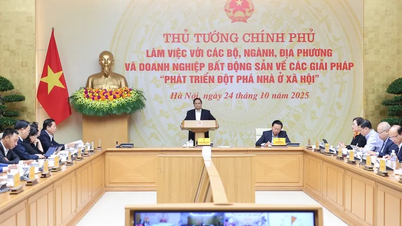

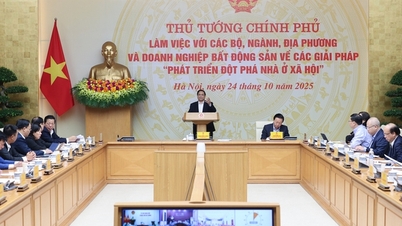





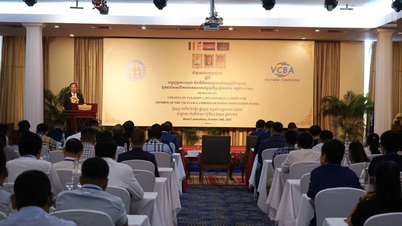
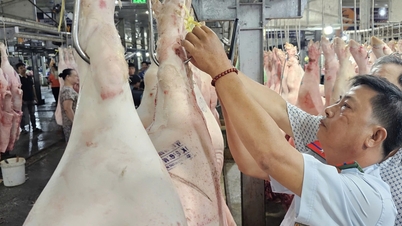


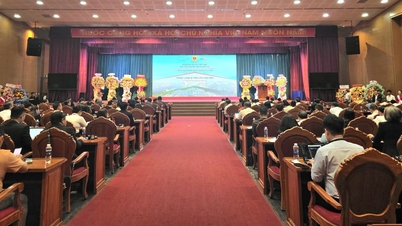





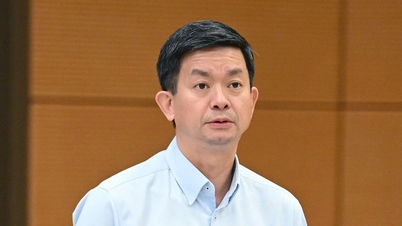
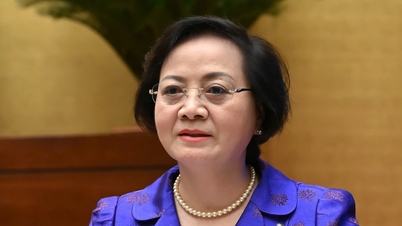
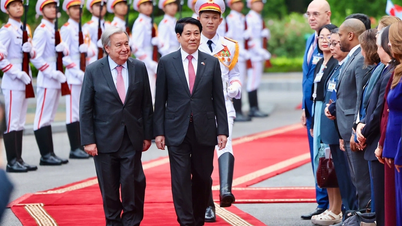
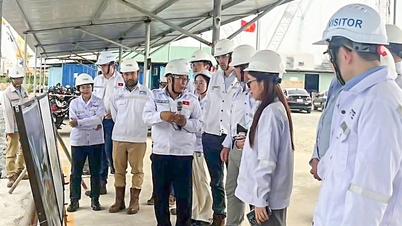

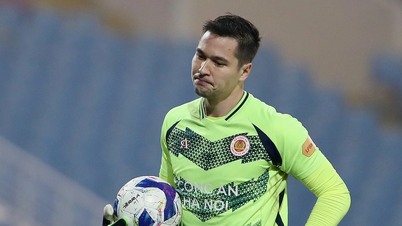




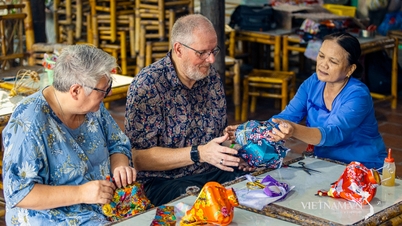




























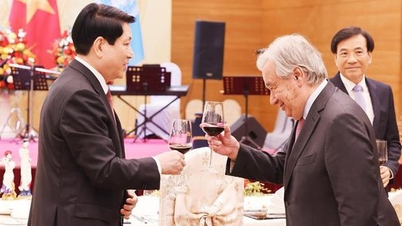
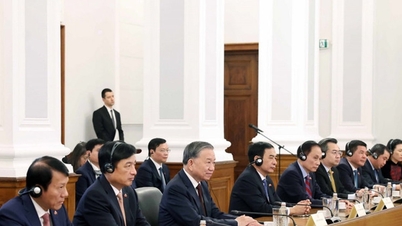

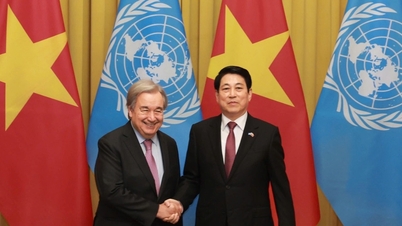


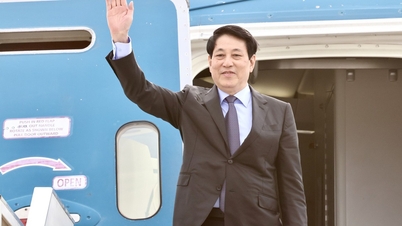



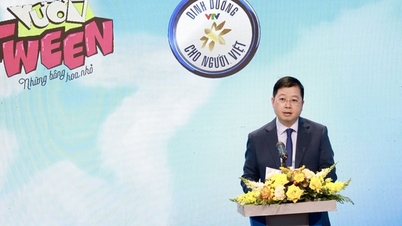
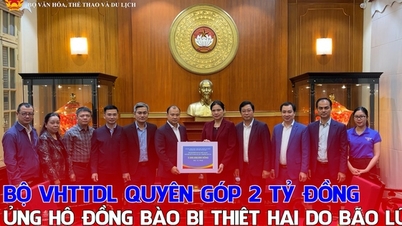


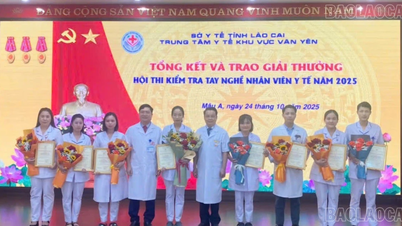
























Comment (0)